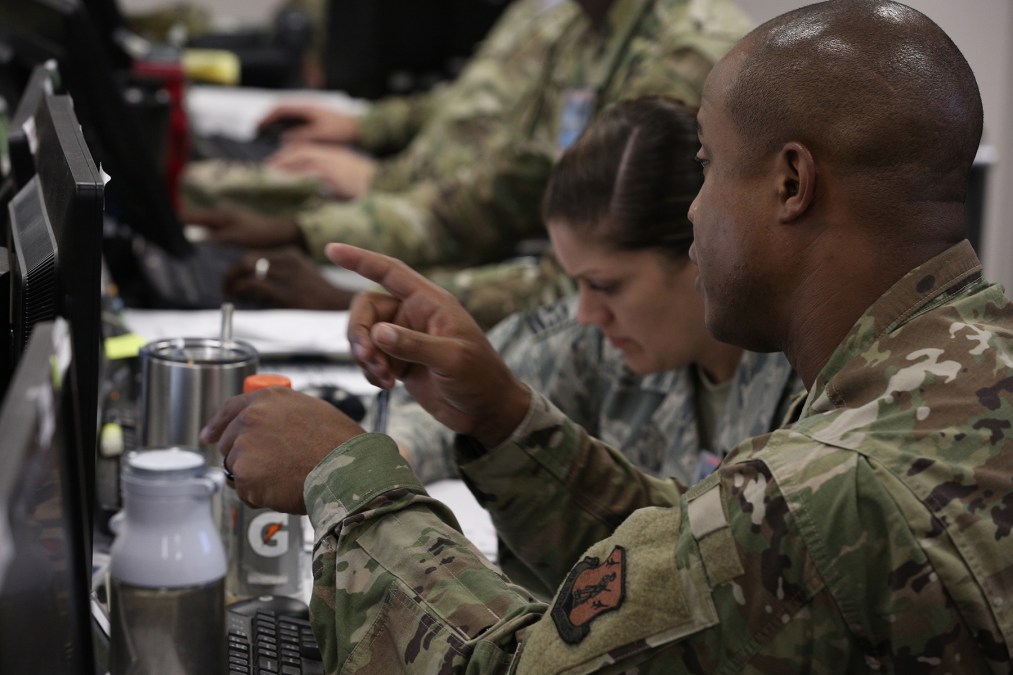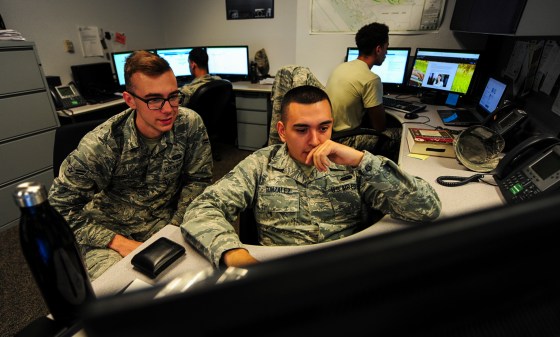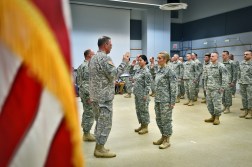Top Army general vows for new cyber talent management system

As the Army rethinks talent management, it wants to ensure that uniformed cybersecurity experts have a quick path to promotion and that they don’t end up being pushed out by the service’s strict physical standards, its top general said Thursday.
The Army wants its new talent management system to focus on skills and career paths like cybersecurity that are not necessarily related to physical combat. Gen. James McConville, chief of staff of the Army, told reporters Thursday during a call with the Defense Writers Group that the Army is in the process of evaluating the Army Combat Fitness Test (ACFT) and rank promotion process in part to make sure that tech talent can stay in uniform longer.
“If you are a cyber whiz, maybe you do not have to have a 600 on the test,” he said, referring to the top score for the new ACFT. “[W]e are going from an industrial age personnel management system to a 21st-century talent management system.”
Under the ACFT, introduced late last year, fitness requirements are set by occupation, one change made to move towards a system that can retain soldiers with a diversity of skills.
McConville also said the Army needs new ways to reward and promote cyber personnel in the enlisted ranks. He described a soldier he met as “one of the best in the world at cyber,” but added he was only a sergeant, a rank he felt did not reflect his experience and talents.
McConville sees changing compensation and promotion based on domain-specific talent as the future for the Army.
“We don’t want to disenfranchise any of these people in the Army,” he said of soldiers with technical skills who can run into roadblocks in a system designed to promote those with battlefield strengths.
The Army has a talent management task force charged with finding ways to promote and retain new skill sets to meet new challenges. The task force is also working to eliminate unconscious bias in promotions. It has already rolled out changes for field-grade officers, like colonels and majors, that can guarantee certain career paths to not waste talent. Now, it is piloting new ways to promote enlisted soldiers including new rubrics for testing and interviews and shifting authorities to local commanders that have a better sense for squad cohesion.
Other ongoing Army talent initiatives include new technology education options for officers, like courses in artificial intelligence and machine learning.




